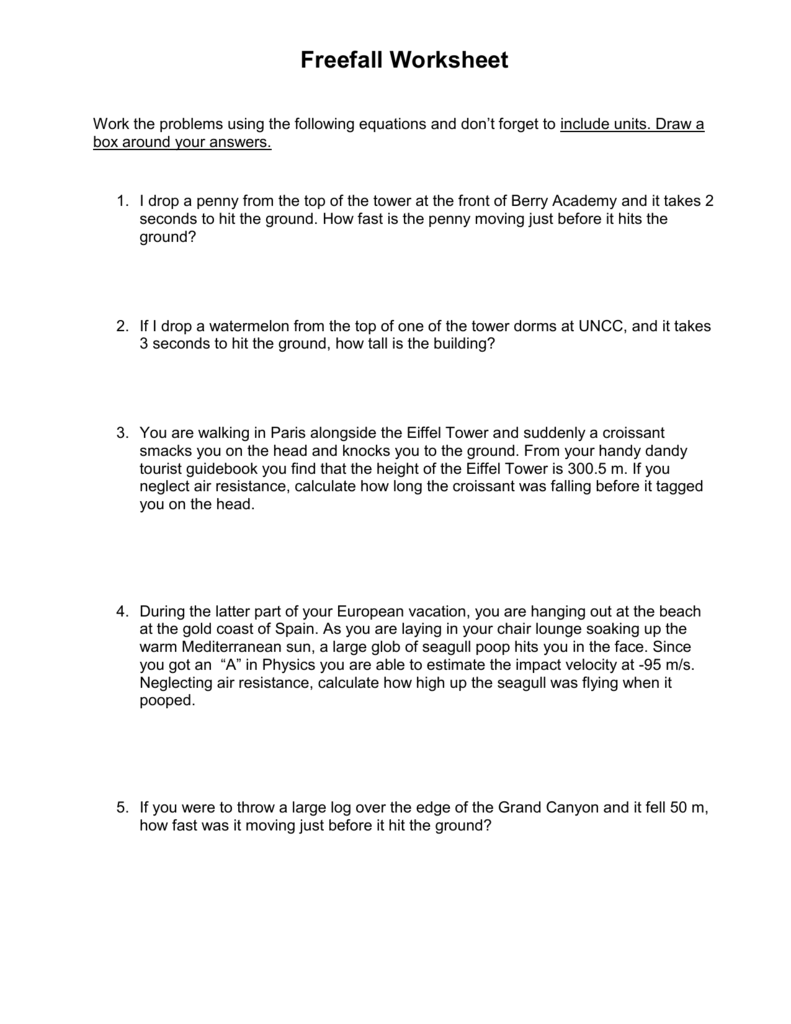

So they have come up with a compromise, a way to neutralize such encryption. Law-enforcement and intelligence agencies contend that if strong codes are widely available, their efforts to protect the public would be paralyzed. The solution, however, has one drawback: cryptography shields the law abiding and the lawless equally. Cryptography is the silver bullet by which we can hope to reclaim our privacy. But miraculously, a fix has emerged: cheap, easy-to-use, virtually unbreakable encryption. High tech has created a huge privacy gap. And corporations realize that competitors can easily intercept their telephone conversations, electronic messages and faxes. This phenomenon is well known to the current Prince of Wales, whose intimate cellular phone conversations were intercepted, recorded and broadcast worldwide. Computer technology and advanced telecommunications equipment have drawn precious business information and intimate personal communications out into the open. Now it has a second purpose: protecting personal and corporate privacy.

The anti-Clipper aggregation is an equal-opportunity club, uniting the American Civil Liberties Union and Rush Limbaugh.įor centuries, cryptography was the domain of armies and diplomatic corps. Joining them in the battle is a formidable force, including almost all of the communications and computer industries, many members of Congress and political columnists of all stripes. These high-tech Paul Reveres are trying to mobilize America against the evil portent of a "cyberspace police state," as one of their Internet jeremiads put it. The Cypherpunks consider the Clipper the lever that Big Brother is using to pry into the conversations, messages and transactions of the computer age. But at its heart, the issue is political, not technical. Two weeks ago, the war got bloodier, as a researcher circulated a report that the chip might have a serious technical flaw. The Clipper chip has prompted what might be considered the first holy war of the information highway. But that is the shared belief in this room. It seems improbable that this black Chiclet is the focal point of a battle that may determine the degree to which our civil liberties survive in the next century. A computer chip, from the outside indistinguishable from thousands of others. Just another tiny square of plastic covering a silicon thicket. The precise object of their rage is the Clipper chip, offically known as the MYK-78 and not much bigger than a tooth. They are the Cypherpunks, a loose confederation of computer hackers, hardware engineers and high-tech rabble-rousers. They may not look subversive sitting around a conference table dressed in T-shirts and jeans and eating burritos, but they are self-proclaimed saboteurs. On a sunny spring day in Mountain View, Calif., 50 angry activists are plotting against the United States Government.


 0 kommentar(er)
0 kommentar(er)
